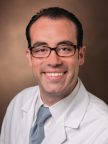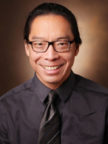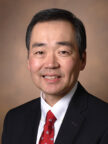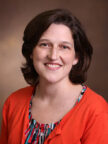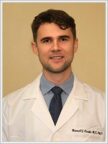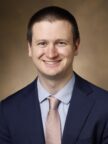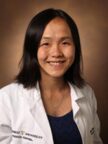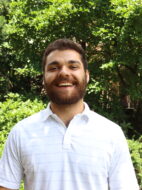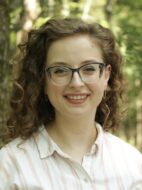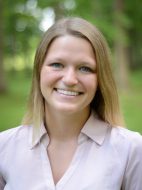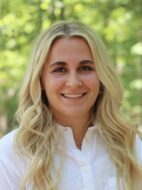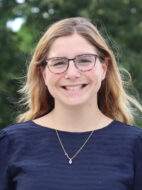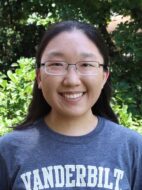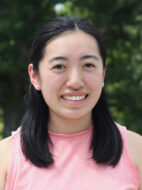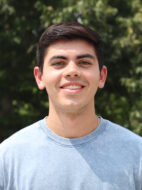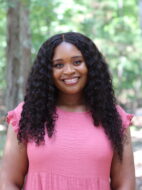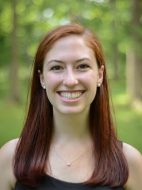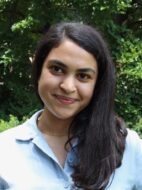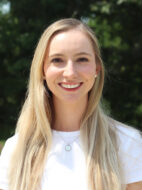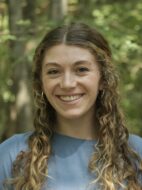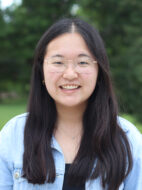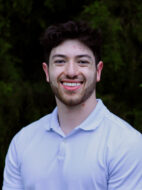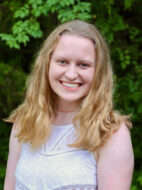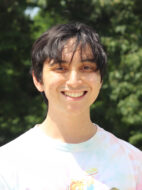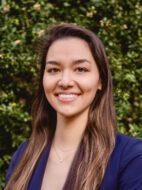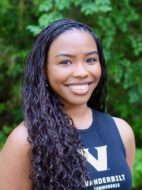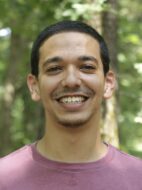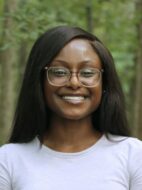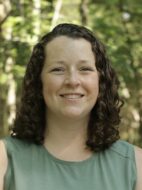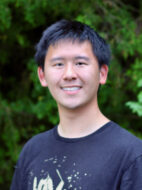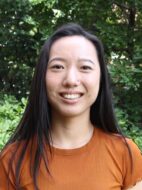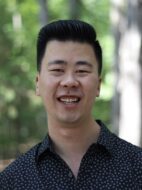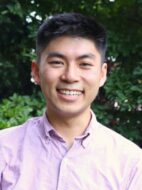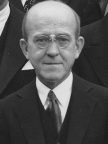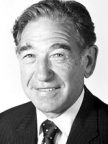Avery-Cohen College
Avery-Cohen Advising College Faculty Leaders
Assistant Professor, Medicine
Learn more about Dr. Arroyo here and here.
Associate Professor, Medicine, Cell and Developmental Biology
Director, Physician-Scientist Training Program
Assistant Dean, Physician-Researcher Training
Director, Office of Medical Student Research
Avery-Cohen Associate College Advisors
Fellow, Hematology/Oncology, Medicine
Learn more about Dr. Villaume here.
Avery-Cohen Members
Avery-Cohen Advising College Namesake
Oswald Theodore Avery was born in 1877 in Halifax, Nova Scotia. Avery attended Colgate University, where he excelled in literature, public speaking, and debate, earning his BA in the humanities in 1900. In the absence of any scientific background or prior evidence of interest, after college Avery chose a career in medicine and entered the Columbia University College of Physicians and Surgeons in New York. He received his medical degree in 1904.
Avery moved in 1907 to laboratory work at the Hoagland Laboratory in Brooklyn, the first privately endowed bacteriological research institute in the United States. Avery initially worked on the bacteriology of yogurt, but soon developed an interest in tuberculosis after his mentor, Benjamin White, contracted a case. It was during this time that Avery established what his biographer René J. Dubos called the pattern of his career, the “systematic effort to understand the biological activities of pathogenic bacteria through a knowledge of their chemical composition.” In 1923 he became a faculty member at the Rockefeller Institute, where he worked until his retirement in 1948. Avery was one of the first molecular biologists and was a pioneer in immunochemistry, but he is best known for his discovery in 1944 with his co-workers Colin MacLeod and Maclyn McCarty that DNA is the material of which genes and chromosomes are made. The Nobel laureate Arne Tiselius said that Avery was the most deserving scientist not to receive the Nobel Prize for his work. A lifelong bachelor, Avery moved to Nashville, Tennessee in 1949 to be near his brother, Roy, a bacteriologist at Vanderbilt University, and family, and died there of pancreatic cancer in 1955. He is buried in Nashville’s Mount Olivet Cemetery.
Source: Wikipedia
Stanley Cohen was born in Brooklyn, New York in 1922. Both his mother and father were Russian-Jewish emigrants who came to America in the early 1900s. His father was a tailor and his mother a homemaker. Though of limited education themselves, Dr. Cohen wrote in his biography that his parents “instilled in me the values of intellectual achievement and the use of whatever talents I possessed.” He was educated in the Brooklyn public school system, but earned a full scholarship to Brooklyn College, where he received his bachelor’s degree in 1943 with a double-major in chemistry and zoology. After working as a bacteriologist at a milk processing plant to earn money, he received his M.A. in zoology from Oberlin College in 1945. He earned a Ph.D. from the department of biochemistry at the University of Michigan in 1948.
After a short stint at Colorado, he went to Washington University in 1952 to work with Martin Kamen in the Department of Radiology at Washington University as a postdoctoral fellow of the American Cancer Society. He learned isotope methodology while studying carbon dioxide fixation in frog eggs and embryos. In 1953 He became associated with the Department of Zoology under the leadership of Viktor Hamburger at Washington University and joined Rita Levi-Montalcini to isolate a Nerve Growth Factor (NGF) that Dr. Levi-Montalcini had discovered in certain mouse tumors and to become educated in the field of experimental embryology. Cohen isolated nerve growth factor and then went on to discover epidermal growth factor. He continued his research on cellular growth factors after moving to Vanderbilt University in 1959 as an Assistant Professor in the Biochemistry Department, exploring the chemistry and biology of epidermal growth factor (EGF). His research on cellular growth factors has proven fundamental to understanding the development of cancer and designing anti-cancer drugs. In 1986 he and Dr. Levi-Montalcini were awarded the 1986 Nobel Prize in Physiology. Cohen also received the Louisa Gross Horwitz Prize from Columbia University. Dr. Cohen remained active in Vanderbilt School of Medicine activities for many years. He died on February 5, 2020 at the age of 97.
Source: Wikipedia

